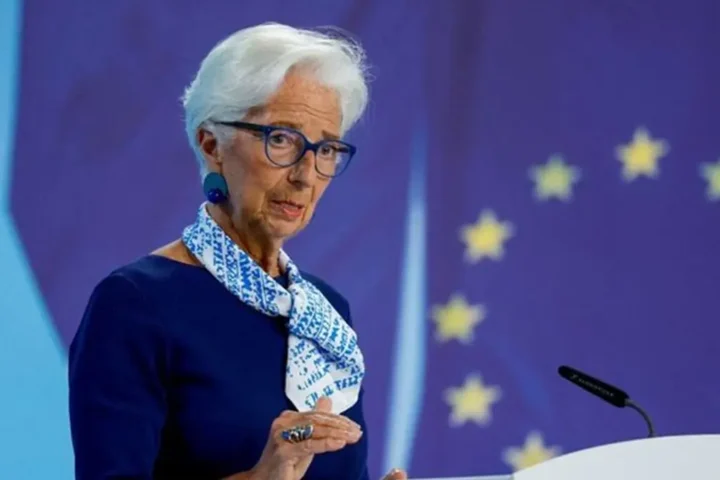Bolivia’s Elections: A Critical Juncture Amidst Deep Political Polarization
The upcoming general elections on August 17, 2025, in Bolivia reflect a culmination of significant political polarization that has intensified since the institutional crisis of 2019, reports 24brussels.
This election represents a pivotal choice for the country: to either continue a socio-economic project that has made substantial strides or pivot towards a right-wing faction poised to reverse much of the progress achieved in the past two decades.
Context of the 2019 Crisis and Its Aftermath
The political upheaval in 2019, which led to the resignation of Evo Morales, marked a significant turning point. Morales and then-Vice President Alvaro Garcia Linera resigned amidst extensive protests and accusations of electoral fraud, creating an unprecedented institutional void.
According to the Bolivian constitution, the presidential succession should begin with the Senate president. With both the Senate and Chamber of Deputies’ leaders having resigned, Jeanine Áñez, the Senate’s second vice president, assumed the interim presidency.
Her administration faced widespread backlash due to a violent crackdown on social movements, including incidents labeled as massacres by global human rights organizations.
This period’s institutional violence and its questioned legitimacy deepened the political and social chasms within Bolivia.
By 2020, the country returned to democratic processes with the election of Luis Arce from the Movement Towards Socialism (MAS). His decisive victory signaled continued support for Morales’ political legacy, especially regarding social policies and economic sovereignty.
The Internal Struggles of the MAS and the Rise of the Right
Initially allied, the relationship between Luis Arce and Evo Morales soured over time, with Arce striving for political independence within the MAS, leading to significant internal fractures and contributing to its historic defeat in the first round of the upcoming elections.
The August 17 electoral results shocked observers, as the MAS, which had previously dominated Bolivian politics, obtained a mere 3.2% of the vote with Eduard del Castillo as its candidate. For the first time since 2005, the left failed to progress to a second round, underscoring the crisis of leadership and disconnect from its base.
Election Dynamics: Participation and Null Votes Highlighting Discontent
The electoral process proceeded with civility, praised by international observers, yet garnered public attention due to a significant number of null votes amounting to 19%, equating to over 1.2 million votes. This trend was largely influenced by Morales, who publicly advocated for a null vote during the campaign.
This unprecedented phenomenon not only signals discontent with available candidates but also reflects a broader disenchantment among voters concerning the political landscape.
The fragmentation among the left exacerbated the MAS’s challenges and ensured the right’s emergence as the prevailing alternative heading into the second round.
Second Round Candidates: Diverse Facets of the Bolivian Right
Rodrigo Paz Pereira: The Moderate Center-Right
Rodrigo Paz Pereira of the Christian Democratic Party (PDC) leads with 32.14% of the votes, representing over 1.6 million constituents. As the son of former president Jaime Paz Zamora, his political career has spanned from mayor of Tarija to the Senate.
Paz Pereira promotes a center-right stance, focusing on reconciliation and anti-corruption. His campaign introduces a model of “capitalism for all,” advocating for informal sector inclusion, opposing external debts, and ensuring economic stability through constitutional reforms and privatization of failing state enterprises without drastic disruptions.
His appeal has drawn support from voters disillusioned by both the MAS and the hard right, responding to a collective desire for change without radical shifts.
Jorge “Tuto” Quiroga: The Conservative and Liberal Right
In parallel, Jorge Quiroga of the Liberty and Democracy party garnered 26.81% of the votes, positioning him as another contender. A former president from 2001 to 2002, Quiroga is a well-established political figure, known for his strong opposition to the MAS and Evo Morales.
Allied with the conservative liberal right, Quiroga has called for an end to the dominance of 21st-century socialism. His agenda includes eliminating fuel subsidies, reducing the fiscal deficit, and implementing significant judicial reforms alongside a new constitution.
His campaign emphasizes the economic crisis, dwindling international reserves, and corruption allegations against the Arce government.
Facing the Second Round: Alliances and Future Perspectives
The landscape appears complicated as the MAS faces displacement from power, and the contention lies between two rightist factions aiming to replace the popular political initiative. The “useful vote” and strategic alliances will play crucial roles in shaping the forthcoming government.
Former President Samuel Doria Medina, leader of the National Unity Front, has expressed support for Paz Pereira, adding significant clout to the center-right campaign. Conversely, Quiroga aims to gather votes from more conservative and anti-MAS factions to fortify his backing.
Voters face a critical choice: select the more conciliative option proposed by Paz or risk continuity with Quiroga’s neoliberal and confrontational stance. Neither proposition fully satisfies the quest for meaningful societal change that embodies social justice and economic autonomy.
Bolivia’s Future: Questions Amidst Uncertainty
The MAS’s historic defeat and absence of progressive candidates in the second round highlight not only a crisis within the party but also signify the structural vulnerability of leftist projects in Bolivia. The inability to unify internal factions has negatively impacted popular sectors, compelling them to navigate a choice between two rightist options potentially threatening recent social advances.
Bolivia stands at a critical juncture, with political fragmentation and a high incidence of null votes indicative of widespread disillusionment with established elites and a pressing need to reshape political discourse to address citizens’ needs.
The outcome of the second round will be vital in determining whether Bolivia continues its trajectory towards social inclusion and economic independence or leans towards models reinforcing neoliberal strategies that jeopardize social progress.
For the left and social movements, the urgency is clear: to rebuild connections, articulate a fresh, inclusive project, and regain public trust. Democracy and social justice are hanging in the balance, relying on the capacity for mobilization, unity, and constructive dialogue in the weeks to come.










